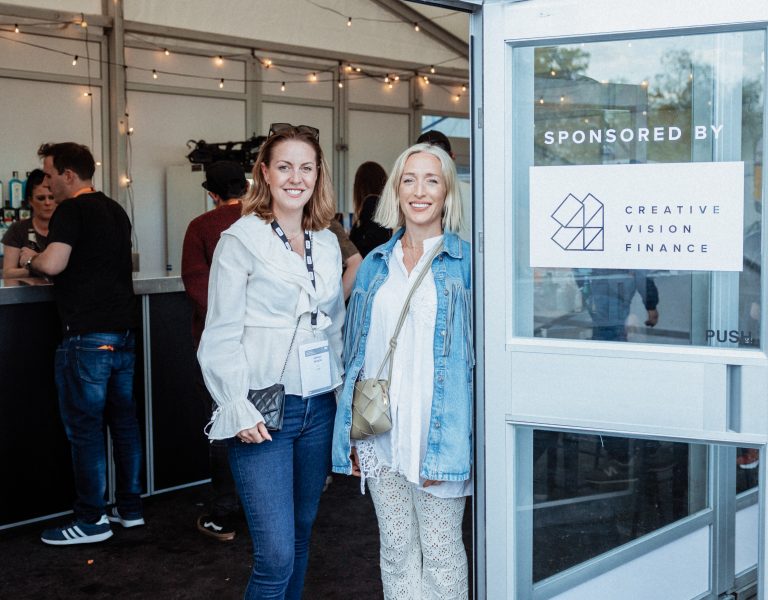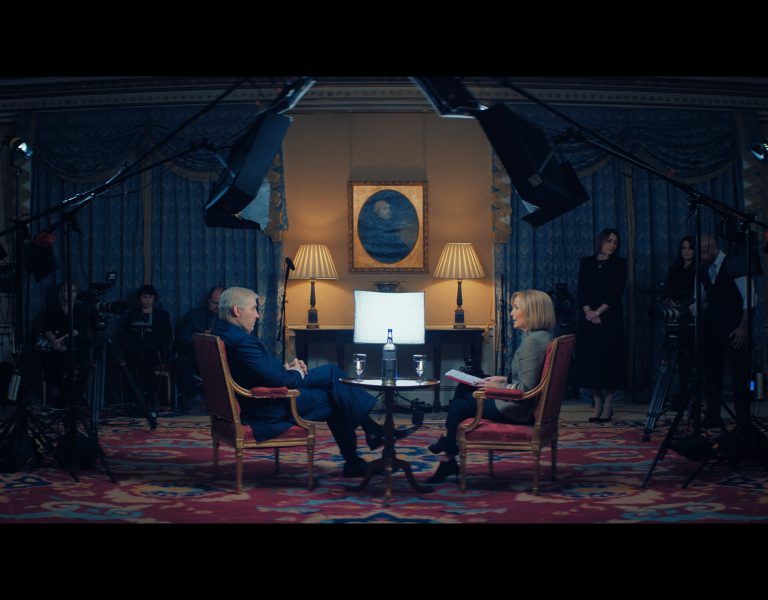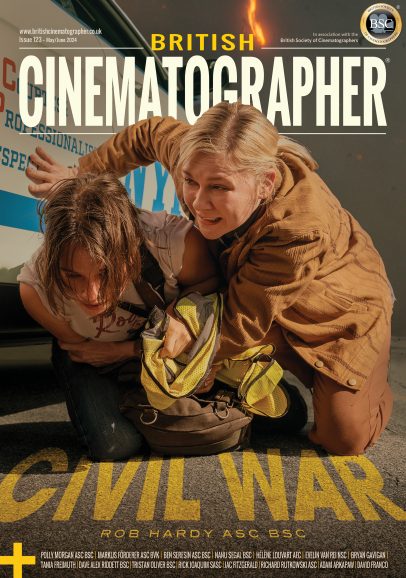Behind the screen: navigating downturn
VFX experts highlight investments in training and advocate for diversifying content creation to ensure industry longevity.
During industry downturns, focus naturally narrows with the expectation of eventual recovery. However, this outlook predominantly favours established professionals, leaving aspiring individuals longing for their breakthrough overlooked. Moreover, companies seeking to train new recruits face challenges, prompting them to adapt their strategies accordingly.
This is true of the VFX space and Gaurav Gupta, co-founder at Indian firm FutureWorks says his company’s area of specialism is still recovering from the 2023 WGA and SAG-AFTRA strike. “So while production momentum picks up, we’re using this time to focus on upskilling our VFX talent,” he adds. “With the growth of generative AI tools and ever advancing workflows, this is a critical moment for our talent to invest time in learning about new technologies.”
Gupta says prior to the strikes, FutureWorks saw a demand for and need to develop junior talent – hence the inception of the FutureWorks Academy. “The aim of this programme was and still is to induct graduate level talent with a level of VFX skillset into what is effectively an internship,” he says. “Trainees have the opportunity to rotate around all of the VFX disciplines and departments in the business, enabling them with a more holistic skillset, and readying them for the demands of a fast paced studio. Since the strikes, we’ve invested energy into continuing to develop our more seasoned talent. The time has allowed them to invest time in upskilling in new technologies, such as generative AI tools and real-time rendering. The outcome of this will enable greater efficiencies within both the team and our workflows.”
Dr Ian Palmer, principal, Escape Studios, which was founded in 2002, says every industry goes through cycles, particularly as new technologies are introduced and tested. “Because of this, we’ve naturally been receiving lots of questions about recent developments and specifically the role of AI from both students and parents, including concerns about job security and career longevity,” he explains. “The key to alleviating these concerns is to ensure that education and training stays dynamic, but its overarching purpose remains the same – provide the core artistic knowledge and skills, and familiarity with the latest tools and techniques, to prepare students for roles now and in the future.”
In order to evolve and futureproof itself, Palmer says Escape is “constantly adapting” its course offering in line with the introduction of new technologies, while also working closely with industry partners. By collaborating with the likes of DNEG, Framestore, Blue Zoo, and Creative Assembly, among others, it allows the firm to make sure its graduates are prepared “and able to hit the ground running” when they enter the world of work. “We always strive to make sure we’re ahead of the curve with software that we use in our courses. Because we’re less dependent on external project deadlines, we have room to experiment with the latest models on the market, which often means that we’re using newer technology than that used on professional projects,” he continues. “This ensures that our students are always fully up to date with the applications they’re using, able to adapt their processes and learn new tools as they’re released.”
Escape refers to its alumni as “Escapees,” and there are numerous examples of their significant achievements and successful transitions to prominent roles in various industries.
“Framestore in particular, a partner we work with regularly, has confirmed that about 10% of its current employees are Escapees,” says Palmer. This demonstrates the value in building strong
collaborative relationships with studios, as they help our graduates thrive and build amazing careers. A recent graduate from the Masters in Compositing for VFX has gone on to work
for Jellyfish Pictures on projects like The Book of Boba Fett. She has since moved on to Rise FX, where she’s been working on the most recent Marvel movies.”
The future is bright at FutureWorks, too. “We’ve seen 179 students pass through the academy, of which 76 completed all three levels of training,” Gupta says, “and 57 of these students all took on permanent roles here.”
Quentin Jorquera, cinematographer and virtual production consultant says that as the film industry faces economic shifts, “we’re moving toward an era where the dynamics of production are set to change significantly”, particularly in the realms of virtual production and VFX. “This change isn’t driven by cheaper labour, but rather by the tightening budgets of major distributors like Netflix, Amazon, and HBO,” he says. “With profits shrinking, the industry has to rethink its strategies. Fortunately, the rich investment in technology and talent from better times is now available for smaller projects, which resemble the standard European model with budgets around €10 million. These projects are becoming a sweet spot for platforms aiming to maximize returns. As a result, we might see these more modestly scaled productions become the norm, necessitating a shift in how the industry operates—from the cost of technology to the price of creativity.”
Jorquera adds that whilst this could lead to more productions overall, “yet with the rise in quantity”, there’s a chance the industry will face a shortage of skilled professionals. “It’s a mixed blessing that could mean more opportunities for those in the production field,” he continues. “Moreover, this shift poses a complex challenge for hardware manufacturers who have invested heavily in R&D for high-end tools like cameras and LED walls, tailored to a now-fading economic reality. These companies may need to rethink their focus and strategy to align with the changing demands of a financially constrained market.”



















